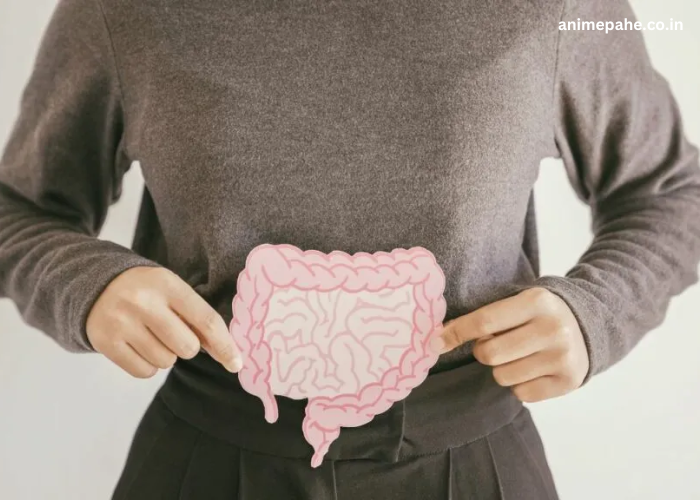Our gut, often referred to as our “second brain,” plays a crucial role in our overall well-being. It houses trillions of microorganisms—collectively known as the gut microbiome—that influence digestion, immunity, mental health, and even weight management. To thrive, our gut needs proper care and nourishment. Here’s your guide to fostering a healthy inner ecosystem.
Understanding the Gut Microbiome
The gut microbiome consists of bacteria, viruses, fungi, and other microorganisms that coexist in our digestive tract. These tiny organisms perform vital functions, such as:
- Digesting food: They help break down complex carbohydrates, fiber, and proteins.
- Producing vitamins: Some gut bacteria synthesize essential vitamins like B12 and K.
- Boosting immunity: A balanced microbiome strengthens the gut lining, which acts as a barrier against harmful pathogens.
- Regulating mood: Gut bacteria influence the production of neurotransmitters like serotonin, which affects mood and mental health.
When the balance of beneficial and harmful microbes is disrupted, it can lead to issues like bloating, fatigue, weakened immunity, and chronic inflammation.
Signs of an Unhealthy Gut
Your gut may need attention if you experience:
- Persistent digestive problems (e.g., constipation, diarrhea, or gas).
- Frequent illnesses or infections.
- Unexplained fatigue or poor sleep.
- Skin conditions like eczema or acne.
- Increased food sensitivities or allergies.
Top Tips to Nourish Your Gut
- Eat a Fiber-Rich Diet Fiber acts as food for beneficial bacteria. Include whole grains, legumes, fruits, and vegetables such as broccoli, bananas, and asparagus.
- Incorporate Probiotics Probiotics are live beneficial bacteria found in fermented foods like yogurt, kefir, sauerkraut, kimchi, and kombucha. They can help restore the balance of gut bacteria.
- Fuel with Prebiotics Prebiotics are the “food” for probiotics. Garlic, onions, leeks, and oats are excellent sources of prebiotics that support a thriving microbiome.
- Stay Hydrated Drinking plenty of water aids digestion and helps maintain a healthy gut lining.
- Avoid Overuse of Antibiotics While antibiotics are sometimes necessary, they can disrupt the gut microbiome by killing beneficial bacteria. Use them only when prescribed and follow up with probiotics.
- Manage Stress Chronic stress can negatively impact the gut. Practices like mindfulness, meditation, and yoga can help maintain balance.
- Exercise Regularly Physical activity promotes microbial diversity, an essential factor in gut health.
- Limit Sugar and Processed Foods Diets high in sugar and processed foods can feed harmful bacteria, leading to imbalances.
The Gut-Mind Connection
The gut and brain communicate through the gut-brain axis, a two-way signaling system. This connection means that gut health can directly influence mental well-being. For example, studies suggest that a healthy microbiome may reduce symptoms of anxiety and depression. Conversely, poor mental health can negatively impact digestion and microbiome balance.
When to Seek Professional Help
If you suspect more serious gut issues, such as persistent bloating, severe pain, or unexplained weight loss, consult a healthcare provider. Conditions like irritable bowel syndrome (IBS), Crohn’s disease, or small intestinal bacterial overgrowth (SIBO) may require specialized care.
Conclusion
Your gut health is foundational to your overall health. By nourishing your inner ecosystem with a balanced diet, active lifestyle, and stress management, you can foster a thriving microbiome that benefits your body and mind. Start making small changes today to ensure a healthier tomorrow—because a happy gut equals a happier you!
